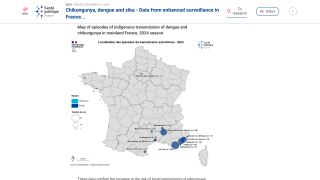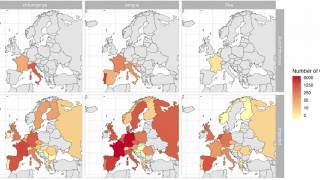Thailand's Continuing Chikungunya, Dengue, and Zika Outbreaks Pose Health Risk to Visitors
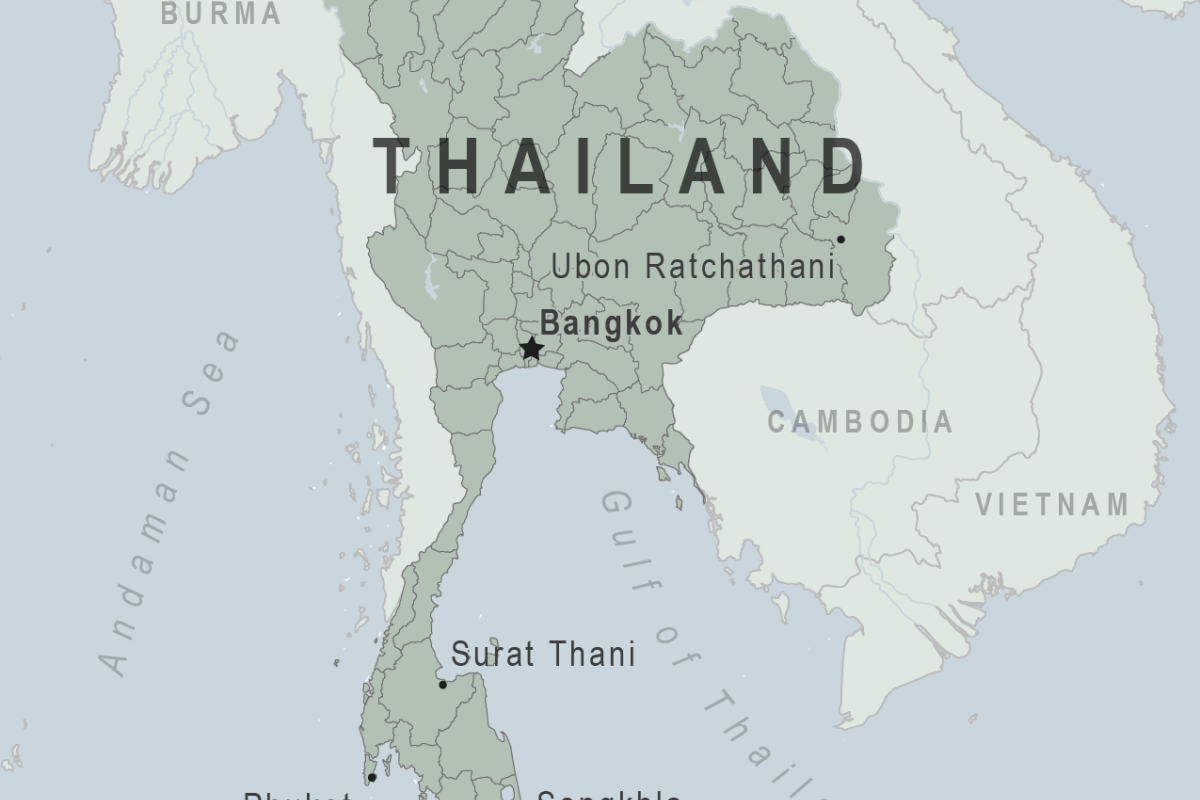
Certain vector-borne diseases, such as Chikungunya, Dengue, and Zika, are expanding public health challenges in Southeast Asia, including the Kingdom of Thailand. There has been evidence of chikungunya virus transmission in Thailand within the last five years.
These diseases have become a health risk to Thailand's 35 million visitors annually.
A research article published in the Journal of Infectious Diseases on May 21, 2025, assessed the role of sylvatic reservoirs in arboviral circulation by examining serological evidence of exposure to DENV, ZIKV, and CHIKV among humans and macaques living close in endemic regions.
The overall seropositivity rates across arboviruses among human populations are higher than those of macaques (38.5-74.4% versus 0-8.0%, respectively).
Globally, a study published in April 2025 estimates that 5.66 billion (95% confidence interval 5.64-5.68) people currently live in areas suitable for Dengue, Chikungunya, and Zika.
The U.S. CDC says international travelers should speak with a vaccine expert before visiting Thailand in 2025 regarding routine and travel vaccine options, such as Valneva SE's IXCHIQ® Chikungunya vaccine. These vaccines are offered at travel clinics and pharmacies and should be administered weeks before departing abroad in 2025.
Our Trust Standards: Medical Advisory Committee
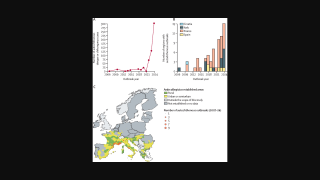
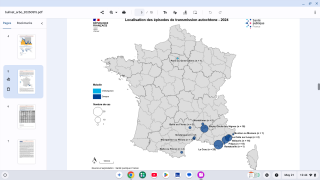

-2.png)
-2.jpg)
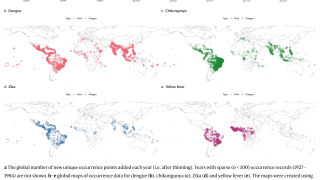
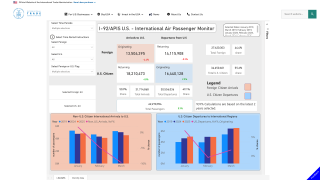

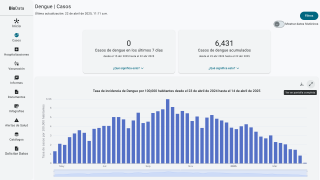

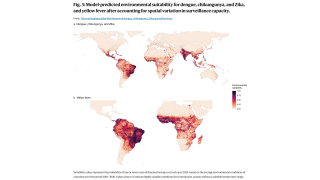

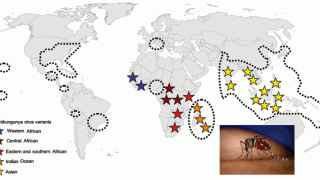
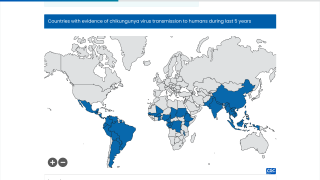
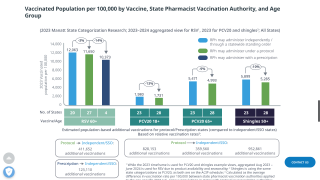
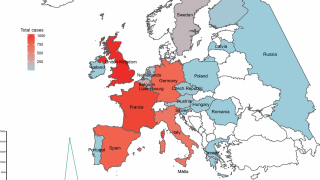
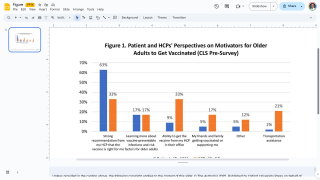
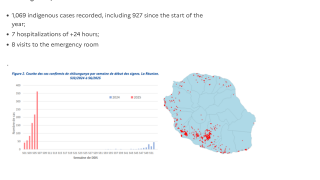


.jpg)
